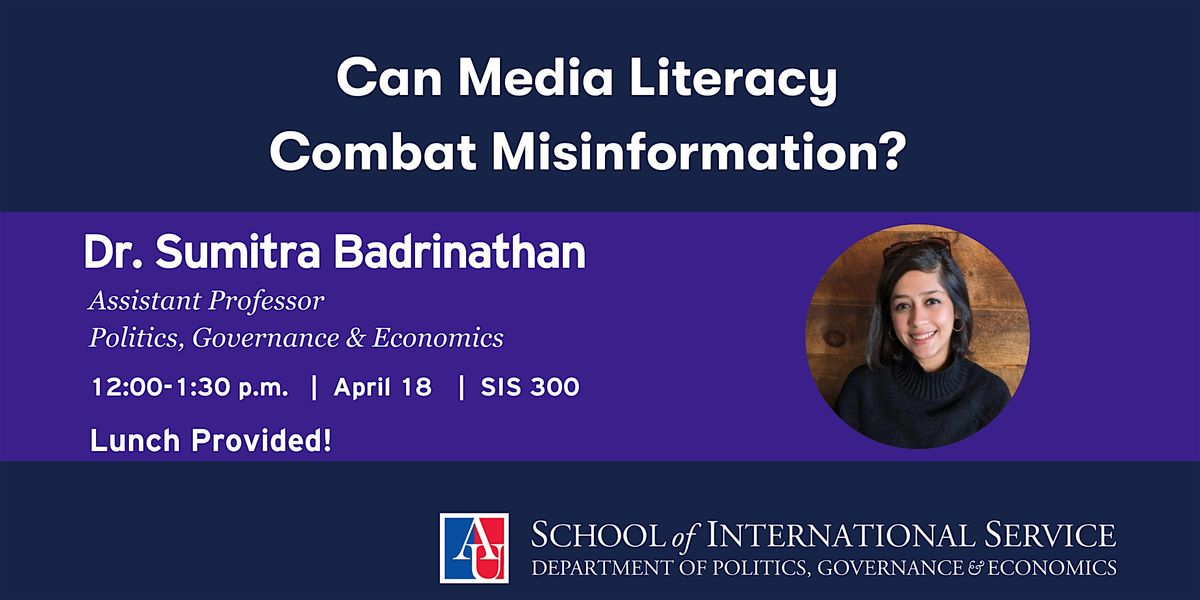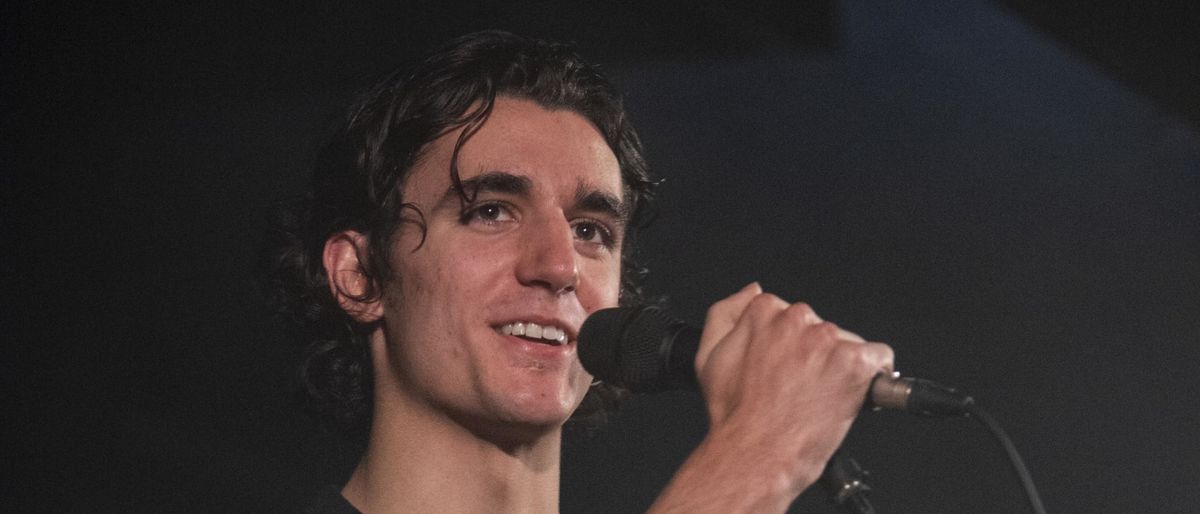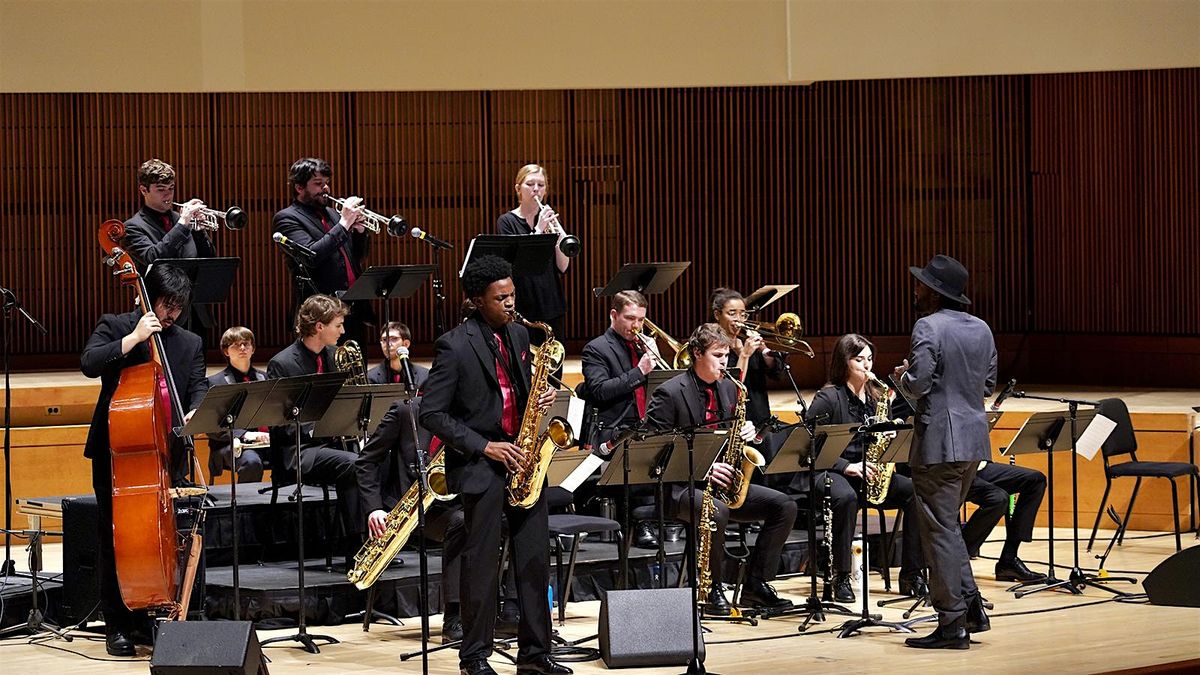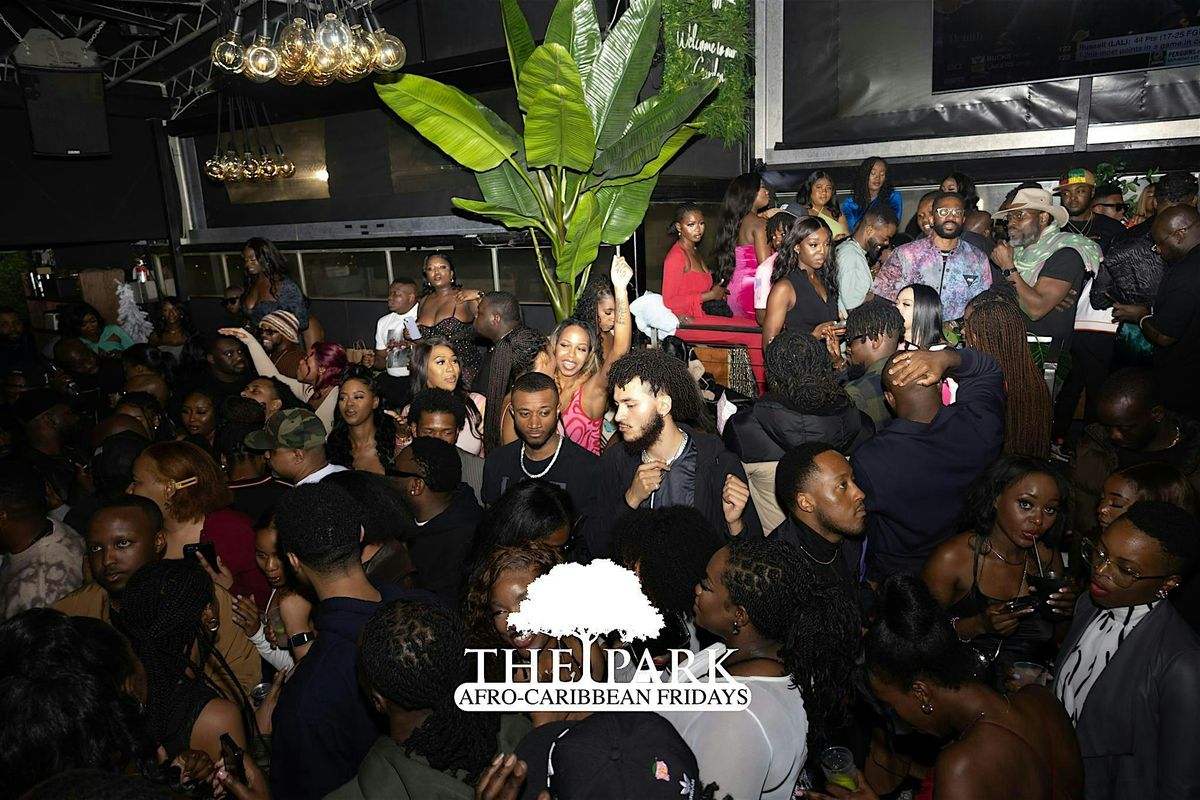
About this Event
Misinformation poses significant risks to democracy, public health, and social stability. Since 2016, numerous media literacy initiatives have been introduced in classrooms worldwide, with substantial investments aimed at improving misinformation outcomes. But how effective are these efforts? To address this question, Dr. Badrinathan presents research from a large-scale media literacy initiative in India, conducted in partnership with a state government agency. A field experiment across 600 classrooms in 583 villages, involving 13,500 students, tested the impact of a four-month curriculum designed to build critical thinking skills, shift norms, and improve knowledge about health misinformation among the most vulnerable. As governments seek long-term strategies to combat misinformation, these findings underscore the potential of sustained, classroom-based education.
Join Professor Badrinathan and SPA professor Tom Costello to discuss this important topic!
April 18th at 12:00pm
Room SIS 300
Lunch provided
Professor Badrinathan works on misinformation, media, and politics, with a regional focus on South Asia. Her research spans three substantive areas. (1) Countering misinformation: How can we make citizens more resilient to falsehoods? (2) Accountability for misinformation: How do we hold elites responsible for spreading false information? (3) Impacts of misinformation: What are the political and societal consequences of misinformation on violence, prejudice, and quality of democracy?
Methodologically, she relies on field experiments, original surveys, and primary data collection. She often collaborate with civil society organizations and government institutions to design projects that evaluate policy impacts and produce actionable evidence. Her latest project involves a long-term randomized controlled trial providing education on misinformation to over 13,000 schoolchildren across nearly 600 villages in India.
Her work has appeared in academic journals such as the American Political Science Review (x2) as well as popular press such as The Washington Post. It has also been featured on podcasts such as Scope Conditions and Grand Tamasha, as well as Indian media outlets like The Hindu, Scroll, and Hindustan Times.
Prior to SIS, Professor Badrinathan earned a PhD in Political Science from the University of Pennsylvania and was a postdoc fellow at the University of Oxford.
Thomas Costello is an Assistant Professor of Psychology at American University. He studies where political and social beliefs come from, how they differ from person to person–and, ultimately, why they change–using AI and the tools of personality, cognitive, clinical, and political science. During his doctoral training in clinical psychology at Emory University (2016-2022) and postdoctoral fellowship at MIT (2022-2024), he has published dozens of research papers in peer-reviewed outlets, including Science, Journal of Personality and Social Psychology, Psychological Bulletin, and Trends in Cognitive Sciences. He has been featured in the New York Times, The Atlantic, CBC/Radio-Canada, and Scientific American, among many others, and his work has accumulated millions of views and comments on social media. Thomas has garnered extramural grant support (totaling > $500,000) from organizations including Effective Ventures, Reset, and Google. He was awarded the Heritage Dissertation Research Award from the Society for Personality and Social Psychology, the JS Tanaka Dissertation Award from the Association for Research in Personality, and the Klarman Fellowship from Cornell University.
Event Venue & Nearby Stays
American University School of International Service, 4400 Massachusetts Avenue Northwest, Washington, United States
USD 0.00












